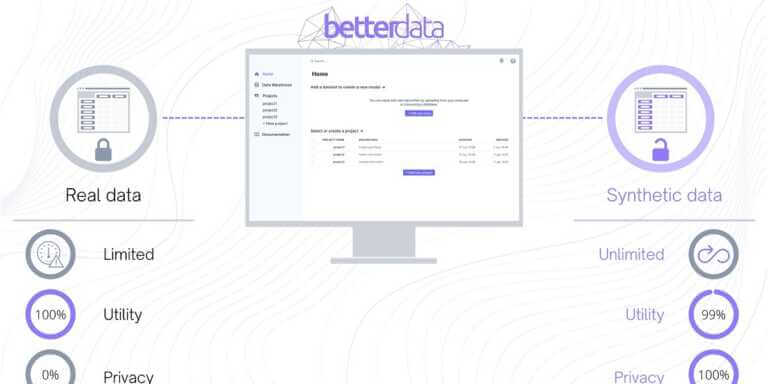
BLOG
the founder’s guide to understanding down rounds

share:
During the surge in VC activity and booming startup valuations in Southeast Asia, no one has needed to look at how down rounds work. The economic impact of Covid-19 may change that for startups in the region. Here’s the download.
what’s a down round?
A down round is a fundraising transaction in which a company issues shares at a lower price than the price at which it issued shares to investors in an earlier investment round. This is bad news as the company’s valuation has therefore fallen.
Does it matter if a company does a down round? Down rounds in normal economic times can be viewed somewhat negatively. The growth in valuation is critical for existing VCs valuing their portfolio and for companies to attract quality follow-on investors. Down rounds can also put stock option plans underwater and be damaging for founder and employee morale.
Aside from this, if founders are considering doing a down round, the key issue they should consider is if their company’s existing investors have anti-dilution rights, and how that will impact the share capital.
what are anti-dilution rights?
Anti-dilution rights compensate existing investors for the falling valuation when a down round occurs. The rights are generally attached to preference shares issued to investors.
This compensation can happen in a couple of different ways. Some anti-dilution rights are structured so that existing investors are immediately issued extra shares as part of the down round transaction (as a bonus issue). However, in Southeast Asia that mechanism is very rare. Instead, the conversion price is simply adjusted. For example, if an investor invests in a company’s series A round, and then the company goes on to raise their series B at a lower price, anti-dilution rights adjust the conversion price that applies when the existing series A investors finally convert their preference shares into ordinary shares on an exit.
The effect is that investors will hold a higher percentage of the company’s overall share capital and receive more proceeds on any exit. It also means that ordinary shareholders, such as founders, lose out.
types of anti-dilution
There are two main types of anti-dilution protection: full ratchet and weighted average.
Full ratchet anti–dilution protection gives investors rights to convert their preference shares into ordinary shares at the lower price of the new financing round. This can be brutal for founders in terms of dilution. Thankfully, in Southeast Asia, full ratchets are hardly ever seen.
Most investment documents therefore incorporate broad-based weighted average anti-dilution protection. This again results in lowering the conversion price and increasing the number of ordinary shares for investors on an as-converted basis.
However, the size of the adjustment is much smaller and depends not only on the price of the down round but also the company’s total share capital. The result is significantly less dilution for ordinary shareholders.
the maths involved
For those who are interested in seeing how the math of broad-based weighted average works, a typical formula looks like this:
the formula
CP2 = CP1 * (A+B) / (A+C)
CP2 = Series A Conversion Price in effect immediately after new issue
CP1 = Series A Conversion Price in effect immediately prior to new issue
A = Number of Ordinary Shares outstanding immediately prior to new issue (includes outstanding ordinary shares, all shares of outstanding preference shares on an as-converted basis, and all outstanding options on an as-exercised basis; and does not include any convertible securities converting into this round of financing)
B = Aggregate investment in new round of financing divided by CP1
C = Number of shares issued in the new round
an example of the formula in action
(source: Singapore VIMA lexicon)

tips for founders
In this new world, startup founders raising capital may need to revisit their startup’s valuation if the economic impacts of Covid-19 mean that the last round valuation can no longer be supported. Down rounds and anti-dilution adjustments are not the only option, however. Founders may want to get creative and consider the following alternatives.
negotiate with investors
This is a balance between existing investors (who expect to be compensated for the lower valuation) and new investors (who want the deal but only at the lower valuation). If cash is low, existing investors may need to support a new financing. So if you’re a founder, negotiate. Existing anti-dilution rights can be fully or partially waived in connection with the next round. Indeed, this often happens.
founders incentives
If you are a founder, you will need to ensure that you are sufficiently incentivised following any dilution of ordinary shareholders. One way could be to agree with investors that an increased portion of any ESOP can be allocated to founders.
convertible notes
If your startup needs capital quickly, then a convertible note which converts on the closing of the next equity financing may be a solution. This avoids the dilution caused by the down round. Of course, this does to some extent just kick the valuation discussion down the road and you will need to consider carefully the terms of the note, particularly around the valuation cap and discount.
warrants
Startups can also use warrants, which allow for further shares to be issued in the future at the option of the investors. This de-risks the transaction for investors but gives them the option to double down in the future at the same conversion price if the business is successful at riding out the impacts of Covid-19.
other investor-friendly terms
Finally, startups can keep new investors happy in ways other than valuation. For example, mitigating downside risk by providing other economic rights to the investors, such as higher than market standard 1x liquidation preferences, participating preferences, or other future price adjustment ratchets. Founders will need to weigh up the overall impacts of these as opposed just running with the down round.
If you’re interested in understanding more about a down round for your startup, book a time to speak to one of our startup lawyers.
Want more? Explore our other Covid-19 resources here.
explore our other blog posts

